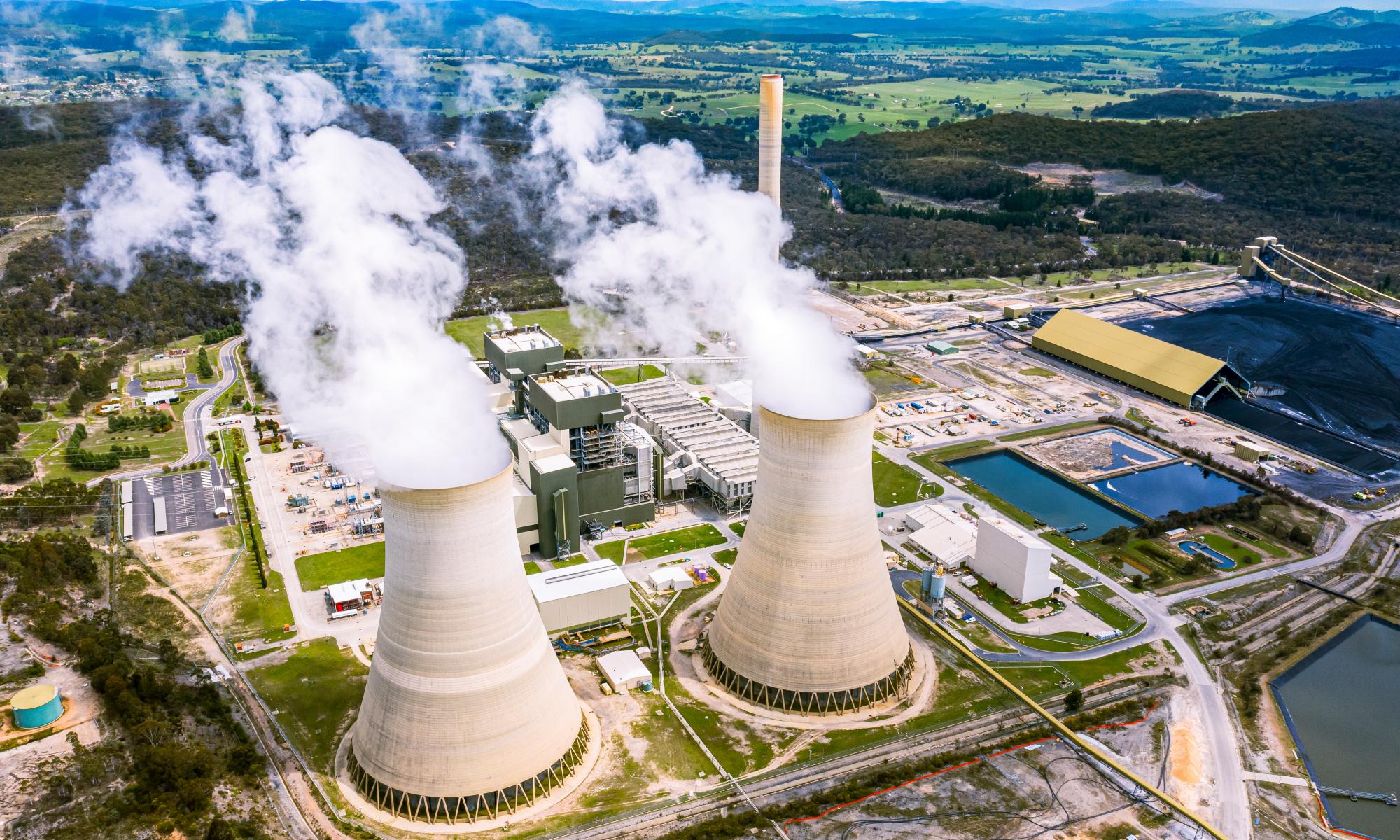The New South Wales Independent Planning Commission has approved a coalmine expansion in the state’s Upper Hunter region that would cause almost 1bn tonnes of carbon emissions.
The decision will allow MACH Energy to double the output of its Mount Pleasant mine in Muswellbrook to 21m tonnes a year and extend its life to 2048.
The Lock the Gate Alliance has slammed the decision as “reckless and irresponsible” and called for a national approach to major projects that factored the climate crisis into assessments.
The project would be responsible for 876 megatonnes of emissions over its life, 860 megatonnes of which would be the result of emissions produced after the coal is sold and used, mostly overseas.
“It is madness that as humanity teeters on the brink of climate catastrophe, an assessment authority such as the IPC can wave through a coalmine that will be solely responsible for 876m tonnes of greenhouse gas emissions,” said Lock the Gate’s NSW coordinator Nic Clyde.
“This project is the largest coalmine expansion approved in the state since the Paris agreement called on nations of the world to limit global warming to 1.5 degrees yet is totally inconsistent with that pledge.”
The federal environment and water minister, Tanya Plibersek, must still make a decision on whether the project should proceed and the alliance called on the minister to reject it.
It comes after the Greens introduced legislation that would create a “climate trigger” in national environmental laws that would ban developments emitting more than 100,000 tonnes of carbon. It would also require federal assessment of developments emitting 25,000 to 100,000 tonnes of carbon.
Wendy Wales, a member of the Denman Aberdeen Muswellbrook Scone Healthy Environment Group, said the expansion was “another nail in the coffin of our local environment” that would contribute to further loss of critically endangered habitats and a corridor used by local threatened wildlife.
“If the significant problem of catastrophic climate change were understood by our politicians – state and federal, Labor and Coalition – and the mining companies themselves, this mine would not proceed,” she said.
In its decision, the commission said of the 960 public submissions it received, 689 supported the project, 251 objected to it and 20 were considered comments.
It said the submissions in support related to the economic aspects of the project and concerns about the effects mine closures would have on communities.
Most of the objections related to air quality, emissions and climate change.
The commission found the project should be approved subject to strict conditions, saying it “would achieve an appropriate balance between relevant environmental, economic and social considerations”.
In its statement of reasons, the commission wrote it received submissions expressing concern about the project’s emissions and the impact it would have on climate change and future generations.
But it said under the rules of the Paris agreement the 860 megatonne of scope 3 emissions were “attributed to the country within which they are emitted”.
It found the remaining projected emissions were “consistent with the current national and NSW policy settings and commitments”.
The commission found the project’s effects on the environment could be minimised or offset. It included a condition that the company demonstrate in its biodiversity management plan how it will avoid or minimise serious or irreversible damage to a newly described legless lizard on the mine site.
MACH Energy’s managing director, Ferdian Purnamasidi, said the decision was an important milestone for the Hunter community where structural change was occurring and some mines were closing and winding down.
“Today’s decision by the IPC finally provides certainty for local communities and ensures Mount Pleasant can continue to contribute to those local communities and the entire state for many years to come,” he said.
He said more than $1 billion of additional capital would be invested in the mine in coming years and local operational job numbers would increase from 380 to 830 at peak production.
He said the company acknowledged the “significant conditions” attached to the approval and would “continue to take an evidence-based approach to meeting our responsibilities”.


